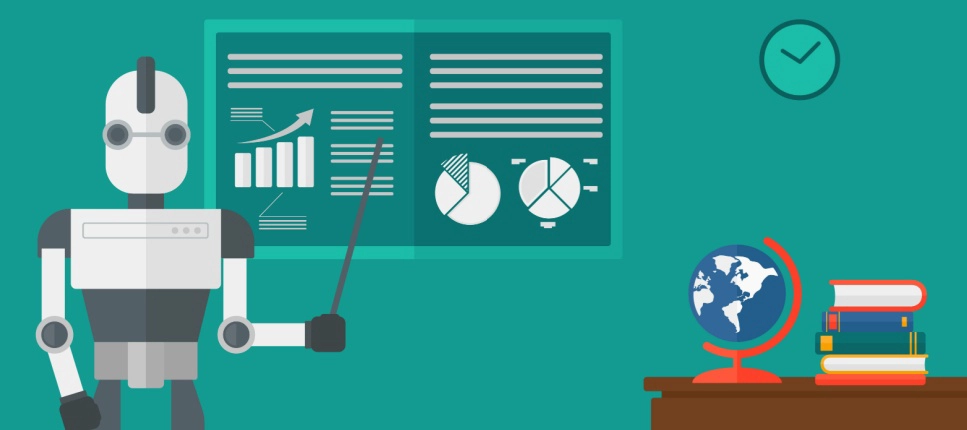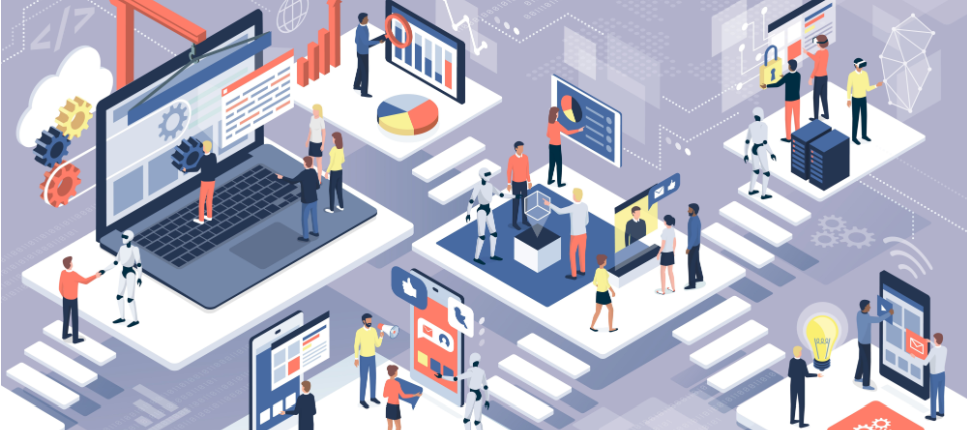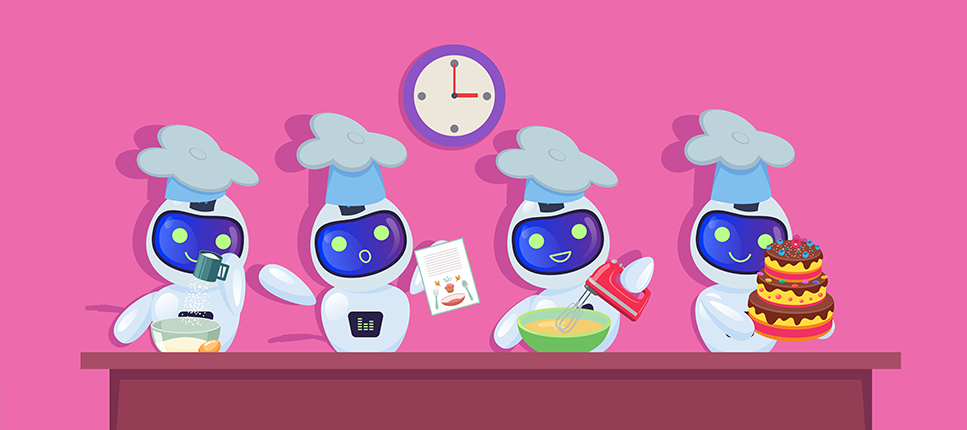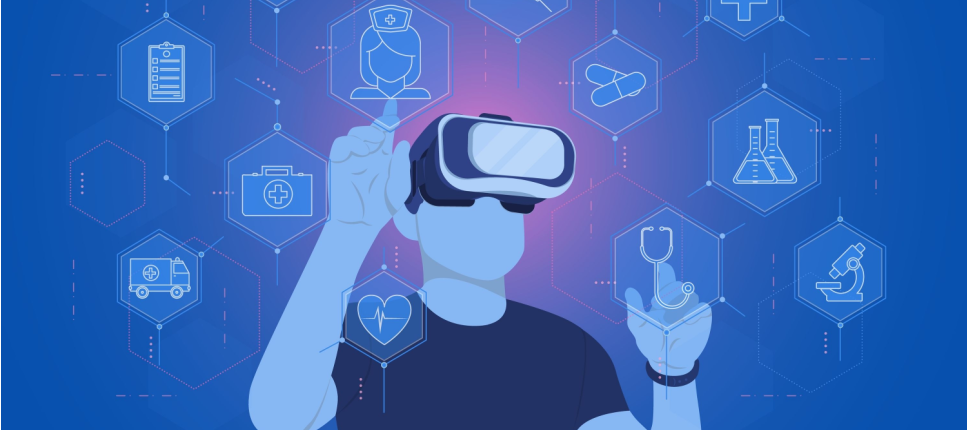Artificial Intelligence is one of the buzz concepts of the last few years and its growing complexity makes it sometimes hard to wrap one’s head around. In simpler terms, it's about creating programs and systems that can make decisions, solve problems, and even recognize patterns on their own, without being explicitly programmed for. AI helps computers perform tasks that typically require human intelligence, like understanding language, recognizing objects in images, playing games, use patterns and trends within vast amounts of data to make predictions, and much more. To strip it down to its main stages, AI is like making a cake: you gather ingredients, follow a recipe, mix things together, bake it, and then you watch the results unfold.









